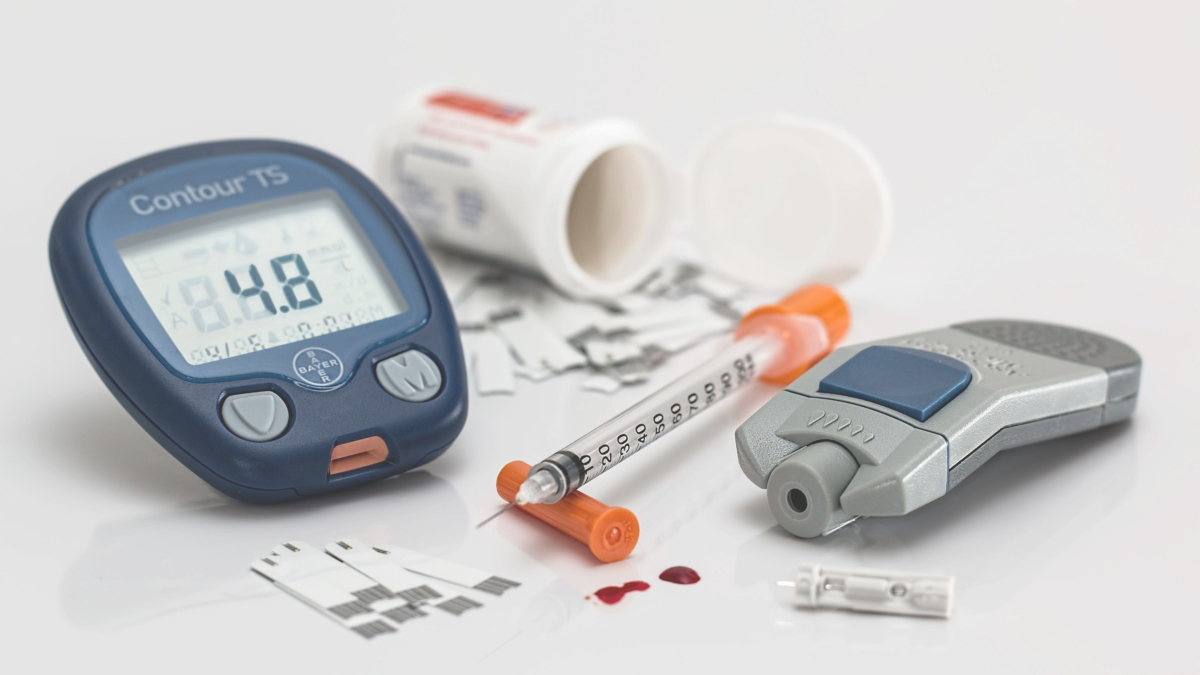In the US, there are more than 100 million people who have been diagnosed and are living with pre-diabetes or diabetes as stated in the 2017 CDC report. The report also shows that the rate of diabetes cases continues to increase gradually every year. The disease increases the risk of vision loss, premature death, kidney failure, stroke, heart disease, amputation of limbs, among others. Diabetes can be managed through the use of insulin control as well as other blood sugar level control medications.
Major insulin manufacturers such as Novo Nordisk, Sanofi-Aventis, and Eli Lilly and Co., have made billions of dollars in supplying insulin to the ever growing market for the drug. Additionally, the companies have benefitted from the new healthcare tax reforms. Pharmaceutical manufacturers negotiate rebates and discounts on drugs to pharmacy benefit managers (PBMs) and health insurers who fail to pass the savings to the end user. This is not surprising due to the reinforced third-party payment system under the tax code and regulations.
Insulin is no exception, and more so because it is a life or death drug as stated by the Democrats Attorney General (Minnesota), Lori Swanson. The AG filed a lawsuit against Novo Nordisk, Sanofi-Aventis, and Eli Lilly and Co. alleging the companies’ hike of insulin prices. He argued that the spike in prices was both unwarranted and unfair to the disadvantaged consumer. The allegations were denied by Eli Lilly and Sanofi while Novo Nordisk promised to look into them.
The AG said that the drug manufacturers are raising the sticker price of the insulin drugs so as to offer PBMs competitively high discount rates. Swanson gave an example with Lantus, an insulin drug manufactured by Sanofi, and which was priced at $99.35 in 2010 and is currently selling at $269.54 (2018). These high rates secure the manufacturers’ product coverage in comparison to their competitors in insurance plans.
Swanson stated that the high prices are hurting the consumers who have no insurance coverage or those with high deductibles that need to be paid prior to insurance compensation.
The office of the AG said that the “The lawsuit alleges that the list prices the drug companies set are so far from their net prices that they are not an accurate approximation of the true cost of insulin and are deceptive and misleading.”


